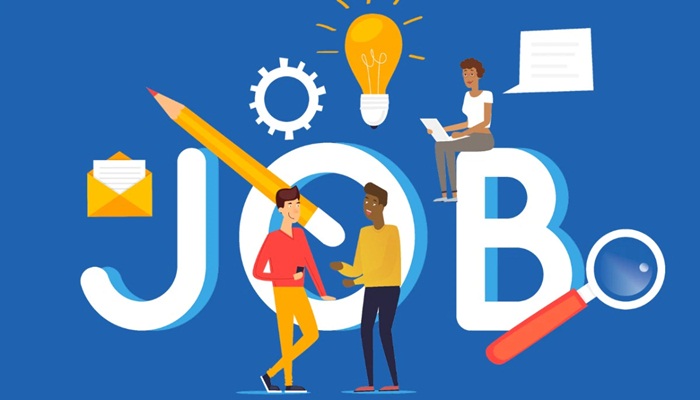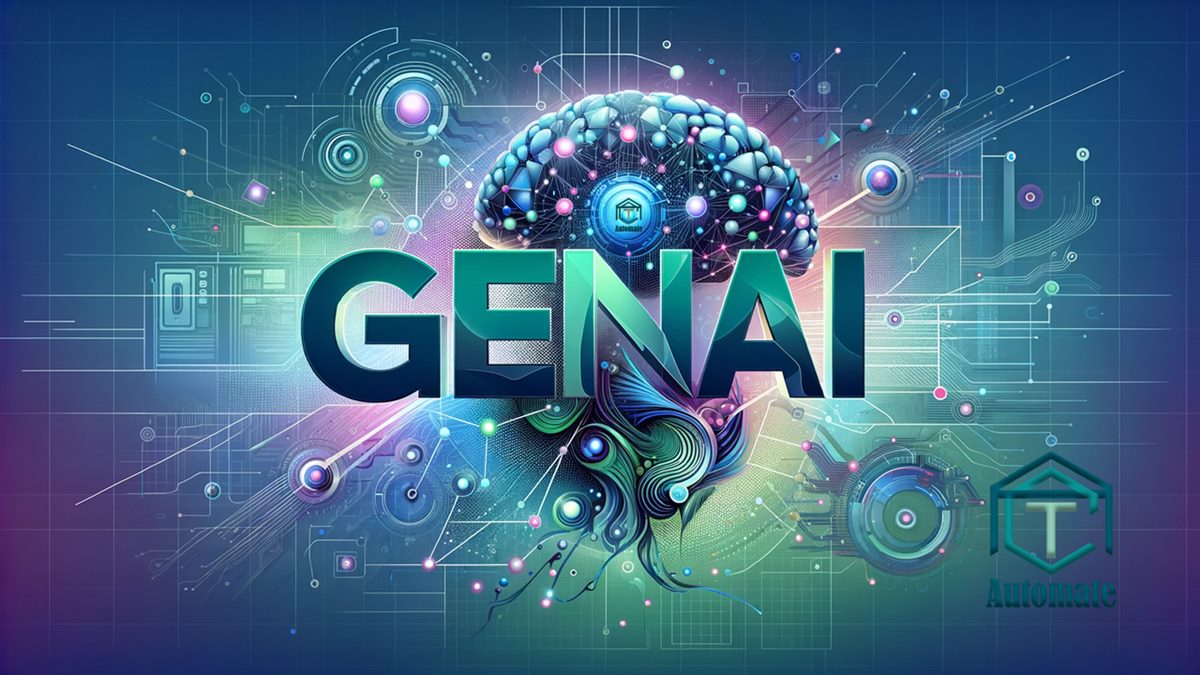Infosys founder NR Narayana Murthy is bullish on artificial intelligence (AI) and believes that it will boost the growth of the Indian information technology (IT) industry, amid fears of slowing growth and job losses.
Murthy said his own usage of OpenAI’s Generative AI tool ChatGPT has boosted his productivity by five times.
“This whole fear that technology will take away jobs is not right. It will create a different kind of job. For example, what I found in using ChatGPT for my speeches was the following: the smartness is in providing the requirement definition for my speech. The smartness is in asking the right question,” he told Moneycontrol in an interview.
“So, what will happen in the future is our programmers and analysts will become smarter and smarter in defining better and better requirements, more complex requirements. They will solve bigger problems, more complex problems. So, I am very positive about how AI will only enhance the growth rate of our industry”, he said.
Murthy’s comments, as a doyen of the Indian IT industry, assume significance amid sputtering growth and anaemic hiring.
The Chief Executive Officers of Infosys and HCLTech recently called for an overhaul in IT business models amid AI disruption. HCLTech CEO C Vijayakumar, on February 24, 2025, said that the traditional IT business model, as existed for the last 30 years, is ripe for disruption, and time has already run out for that model.
Meanwhile, Murthy believes the software industry will accelerate its growth if leaders were to use AI in an assistive manner and look at how to improve productivity and quality.
Read the full interview here.
The comments were made while announcing that Catamaran, Murthy’s family investment office, has launched a scholarship at IIM Ahmedabad, which uses a mix of equity index and fixed income investments to fund an inflation-protected scholarship for the MBA topper every year for 20 years.
The IT industry veteran also believes that AI, if used as an assistive tool, will not only help software firms deliver faster and better results but also reduce errors and improve the quality of work.
Talking about his early days building reusable code “skeletons” in the late 1970s, he said AI now enables programmers to automate similar frameworks at scale.
“Once the skeletons are produced by AI, then it becomes extremely easy for the mass programmer, for the large number of programmers, to produce high-quality code, high-quality programs,” he further added.
Smart Work
When asked on the ubiquitous debate around automation-induced job loss, Murthy compared the present AI evolution to Britain’s banking sector in the 1970s, where computers were initially opposed by union strikes.
To counter this narrative, a meeting was held between union leaders and experts, who explained that by using computers, work productivity will improve and employees can go home at 5 PM after finishing their work and be with their families.
Jobs have multiplied by a factor of 40 to 50 in the banking sector in the UK and in the US, he said.




















